by the Rev'd Dr. Christina Beardsley
The Blackburn Diocesan Synod Motion on Liturgies for Transgender People
A Blog Post for TransEpsicopal by the Revd Dr Christina Beardsley,
(former Changing Attitude, England trustee for trans people)
First of all, thank you for inviting me to post again on the TransEpisocpal blog, and I’m sorry not to be joining the TransEpiscopal delegation at General Convention in Salt Lake City in July. I loved being with you in Indianapolis in 2012, and was so pleased and proud when the transgender non-discrimination resolutions were approved then.
It would have been exciting to be present at this year’s General Convention, when name change liturgies are being considered because, as you’ve no doubt heard, the General Synod of the Church of England will also be discussing this … at a date to be confirmed; but discuss this matter it will, at some point.

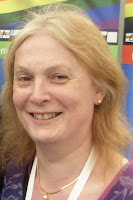
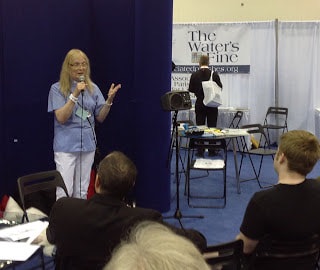
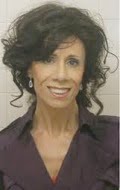
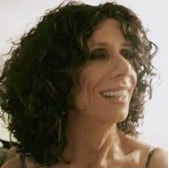
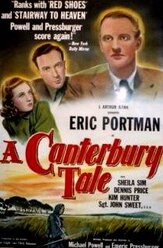
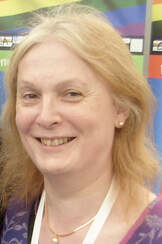
 RSS Feed
RSS Feed